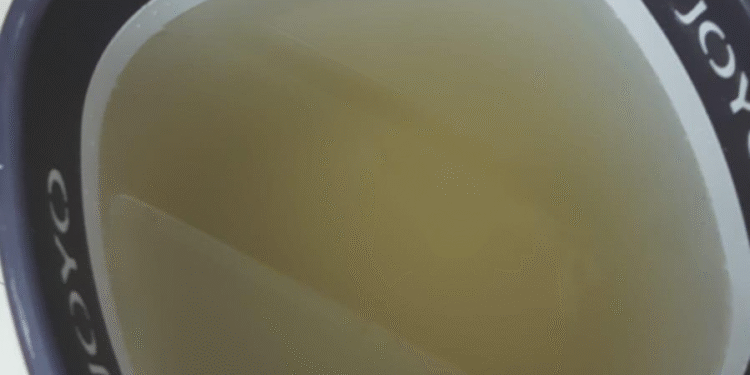Pune: Several residents in Wakad have raised serious concerns about the quality of drinking water being supplied by the Pimpri Chinchwad Municipal Corporation (PCMC), citing health issues such as stomach upsets and even the presence of worms in the tap water.
Sachin Londhe, a proactive member of the Wakad community, told Pune Pulse that PCMC must urgently address these complaints and implement regular water quality checks, especially during the monsoon season. “This level of negligence is unacceptable. Contaminated water is causing people to fall ill,” he said.
The issue surfaced after routine water tank cleaning in several housing societies, post which residents noticed abnormalities in their water supply. One resident shared that the Total Dissolved Solids (TDS) level measured between 200–250 ppm — a range generally considered safe — but the water’s taste and subsequent health complaints told a different story.
Concerns further escalated when residents observed a persistent yellowish tint in the tap water for over a week. This discoloration was accompanied by a spike in stomach-related illnesses, particularly among children. “We’ve never encountered such discoloration before. It’s extremely concerning, especially with kids falling sick,” a resident noted.
Similar grievances have been echoed by residents across the area. “The taste of the water has changed significantly, and many people in our society are experiencing digestive issues,” said another local. Alarming reports of small worms being discovered in the drinking water have deepened the community’s worries about the overall safety and treatment of the municipal water supply.
Adding to the chorus of concern, one citizen stressed the importance of conducting microbiological tests, including checks for coliform bacteria, to rule out the presence of harmful pathogens.
In light of these developments, residents are calling on PCMC to conduct an immediate and thorough investigation into the water quality. They are demanding laboratory testing, consistent chlorination, and enhanced filtration measures to prevent potential health hazards. Until corrective measures are taken, many housing societies have started relying on water purifiers and packaged drinking water as precautionary alternatives.

















